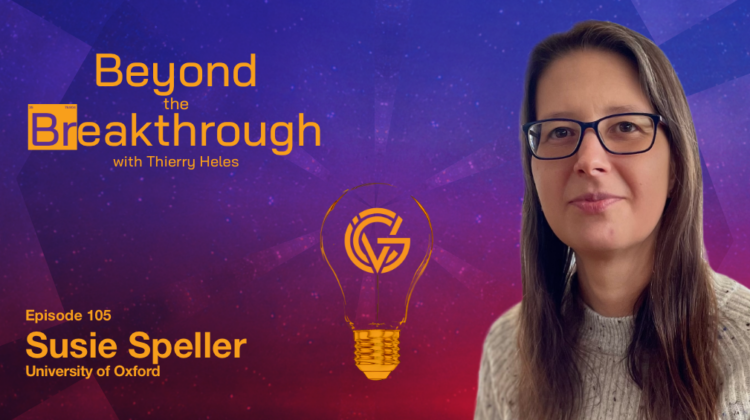Podcast: Play in new window | Download (43.5MB) | Embed
Subscribe: Apple Podcasts | Spotify | RSS
Superconductors can seem like magic when you watch magnetic levitation videos, but they’re far from a futuristic concept. They already have real-world applications: they are an essential component of MRI scanners, for example, which would otherwise take the energy of a small city to run (they really take about as much as boiling a kettle).
Superconductors are also used in the development of fusion energy (they generate magnetic fields strong enough to contain the chemical reaction), they’re an integral part of the Large Hadron Collider, they’re being used in some approaches to quantum computing, and they’re being explored as transmission lines for the electricity grid and as a way to make offshore wind turbines smaller.
They’re not necessarily intuitive: superconductors must have defects to work — you might know that semiconductors are the opposite: they need to be (almost) pure. They’re also not without challenges — MRI scanners continue to rely on lead because no alternative has been found yet and figuring out how to create kilometre-long cables that could serve as power lines has taken three decades.
Prof Susie Speller is a fellow at St Catherine’s College and researcher in the Oxford Centre for Applied Superconductivity at the University of Oxford, where she helps corporates like Siemens Healthineers (which manufactures MRI scanners), fusion energy developer Tokamak Energy and scientific instruments company Oxford Instruments solve challenges around superconductors.
She is also a passionate science communicator and last year published a book on superconductors, A Materials Science Guide to Superconductors, that offers an accessible entry point into the field without glossing over the fundamental science behind it all. We find out what prompted her to write the book and how her interest in materials science began with a trip to the University of Cambridge when she was 15.
Global University Venturing chose to purchase a copy of Prof Speller’s book.

